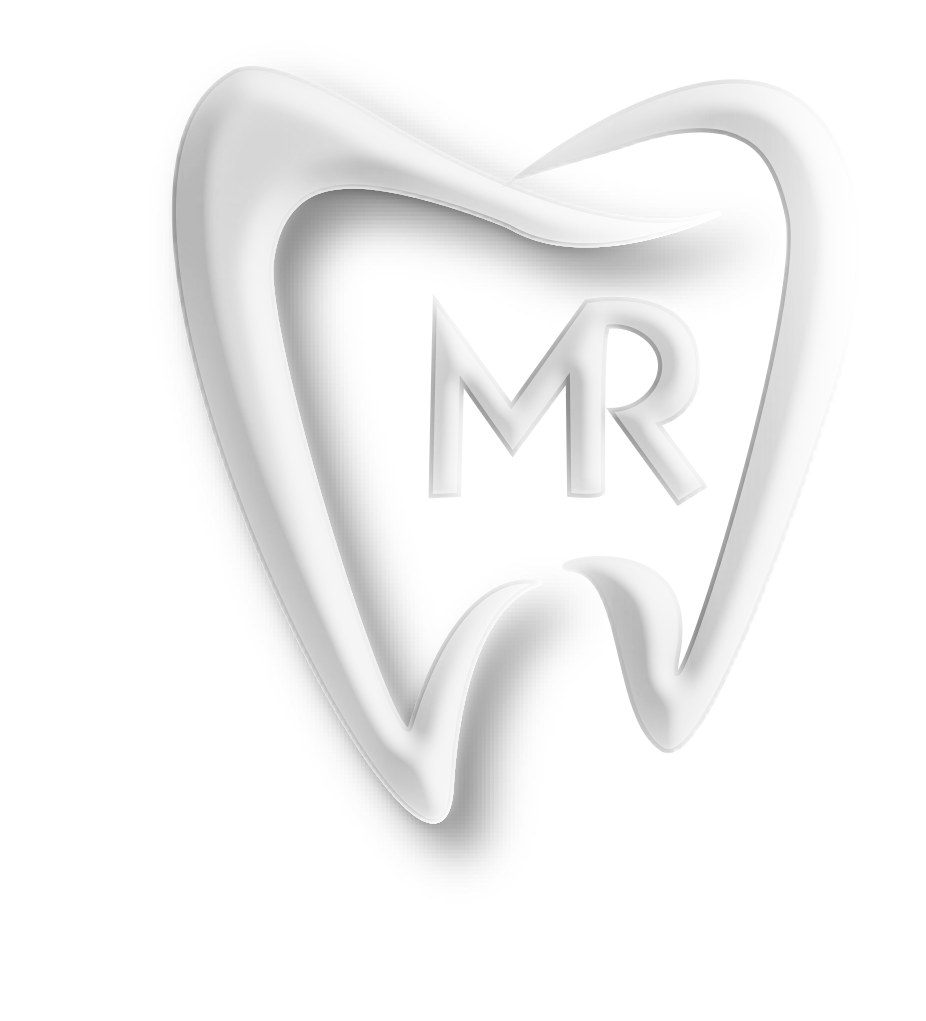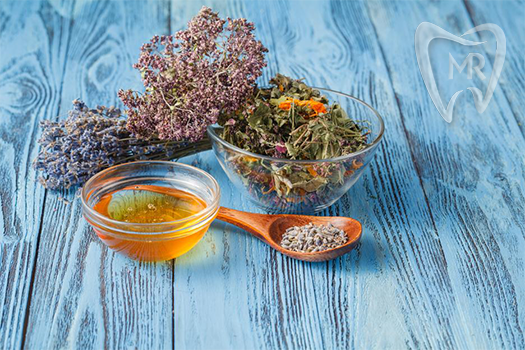Herbal Remedies and Vitamin Supplements May Help with Covid Symptoms
Helpful Tips During Covid Times
~ HELPFUL COVID TIPS ~
This tips sheet is for those interested in being proactive in lowering their risk of getting infected with SARS-CoV-2, or if they develop COVID but do not require hospital admission. These tips have been shown to improve immunity and lessen disease severity. This is not an exhaustive list of tips and supplements, just what we have researched. Feel free to research as well, and contact us with new ideas or any questions.
*Note: These helpful tips are not meant to replace the CDC recommendations to socially distance, wear masks, wash hands, or obtain vaccination.
Helpful Videos
-MedCram: If You Get COVID 19: Optimize Immune System https://youtu.be/vN30emwcNS4
-MedCram: Dr. Roger Seheult’s Daily Regimen https://youtu.be/NM2A2xNLWR4
Get a pulse oximeter to check oxygenation status when sick
Walk daily stay active
Get fresh air outside daily
Sleep (7-8 hours, best to go to sleep as much before midnight as feasible)
Highest yield nutrition
Water, water, water (helps flush out inflammation), leafy greens, cruciferous veggies, beets
Practice deep breathing a few times a day. Helps keep the lungs expanded (if end up needing intubation, this helps reduce risk of barotrauma; eases recruitment of alveoli for ventilation) Supplements Under normal conditions, getting all that is needed from a well-balanced, whole food, predominantly plant diet with lots of variety is possible; but in times of illness – or pandemic – supplements can be helpful.
Do not hesitate to call your doctor, or go to the emergency room if having any significant symptoms, such as shortness of breath or chest pain. Bring your N95 mask.
Supplements that may help:
Vitamin D
-5,000 IU oral daily
-*with illness, take high dose 50,000 IU daily for 3-7days*
(i.e. 3 days for mild cold, 7 days for COVID; there are some rare conditions you cannot do this with, such as sarcoidosis, but otherwise most of us are vitamin D deficient, and vitamin D toxicity is rare when this high dose is taken for only a week. The main consequence of vit D toxicity is buildup of calcium in the blood which can cause nausea, vomiting, weakness, frequent urination; to progress to bone pain or kidney stones you’d have to be taking this high dose for months)
-vit D is not really a vitamin, it is found to function as more of a hormone
-vit D has been shown to lower infection and symptoms of viral illnesses
https://doi.org/10.1136/bmj.i6583 Vitamin D supplementation to prevent acute respiratory tract infections: systematic review and meta-analysis of individual participant data
https://doi.org/10.1038/s41430-020-0661-0 Perspective: improving vitamin D status in the management of COVID-19
https://doi.org/10.3390/nu7064240Modulation of the Immune Response to Respiratory Viruses by Vitamin D
Found in food: yes (fortified milks – including plant based milks, eggs, shiitake mushrooms, some seafood: salmon, herring, catfish, trout, oysters) BUT… best source is the sun as our skin produces its own vitamin D: about 15-20min exposed arms and legs a day, no sunscreen. This time frame has not been shown to cause skin cancer, however, cover your eyes and face, and *adjust appropriately for sensitive skin, darker skin, and family or personal skin cancer history.
Zinc
-40mg oral daily (do not exceed as can affect copper absorption)
-anti-inflammatory, antioxidant, shown to interfere with viral replication
https://doi.org/10.1007/s12011-020-02437-9 Zinc and COVID-19: Basis of Current Clinical Trials
-found in food: oysters, beans, whole grains
Vitamin C
-1000mg oral daily
-another plant based antioxidant
-long ago we used to be able to produce this ourselves, but lost the genetic capability due to it’s abundance in our foods (before processed foods and fast foods)
–https://www.healthline.com/nutrition/vitamin-c-benefits 7 Impressive Ways Vitamin C Benefits Your Body
–https://www.healthline.com/nutrition/vitamin-c-coronavirus Can Vitamin C Protect You from COVID-19?
–https://jamanetwork.com/journals/jama/fullarticle/2752063 Effect of Vitamin C Infusion on Organ Failure and Biomarkers of Inflammation and Vascular Injury in Patients With Sepsis and Severe Acute Respiratory Failure; The CITRIS-ALI Randomized Clinical Trial
-found in food: not just in citrus fruits, but also high in peppers, herbs, and greens
Melatonin
-5mg oral daily
-anti-inflammatory and antioxidant
-helps with sleep (restorative)
-found in food: tart cherries, eggs, nuts
Turmeric
-1000mg oral daily
-need to make sure it includes pepper (key compound in turmeric: curcumin, is absorbed better when accompanied by compound piperine found in pepper)
-reduces inflammation: it is a flavonoid, a phytochemical (meaning plan derived) that interferes with cytokine function
-it is an antioxidant: it reduces free radicals (free radicals react with cellular proteins, fatty acids, or even DNA and cause damage)
– https://bit.ly/2VKqGvD 10 Proven Health Benefits of Turmeric and Curcumin
–https://doi.org/10.1016/0304-3835(95)03913-H Effects of three dietary phytochemicals from tea, rosemary and turmeric on inflammation-induced nitrite production
-also being studied for anti-cancer properties
-found in food: it is a root herb, similar in appearance to ginger. May be grated into food, or bought as a powder to sprinkle into cooking.
Quercetin
-500mg oral daily
-flavonoid, synergistic antiviral action with vit D and vit C
-may prevent virus from entering the cell, may interfere with viral replication
-it is a zinc ionophor (helps transport zinc into the cell) like hydrochloroquine that is used to treat lupus and malaria
– https://doi.org/10.1177/1934578X20976293
Quercetin: Antiviral Significance and Possible COVID-19 Integrative Considerations
-found in food: onions, kale, broccoli, citrus fruits
EGCG
-200mg oral daily
-this is a potent flavonoid/phytochemical
-stands for epigallocatechin gallate
-synergistic to quercetin
-found in food: green tea
NAC
-600mg oral daily
-N-acetyl cysteine
-an analogue and precursor of reduced glutathione
-it reduces glutathione in the liver (opposite of oxidizing) so helps with detoxification (used in Tylenol overdoses)
-this reduces the severity of illness
–https://erj.ersjournals.com/content/10/7/1535
Attenuation of influenza-like symptomatology and improvement of cell- mediated immunity with long-term N-acetylcysteine treatment
-found in food: no. NAC is only a supplement. It is made from the amino acid cysteine which is found in foods: lentils, oatmeal, seeds, tuna
Periodontal Disease (Gum Disease)
Your teeth are intended to last a lifetime. They will if you care for them properly. This means brushing and flossing daily, and regular visits to your dentist and hygienist to help avoid gum disease.
Gum disease is an infection of the gum and bone that holds teeth in place. As the disease progresses bone literally dissolves away from the tooth causing the teeth to become loose and eventually fall out. Once you have had gum disease you will always be susceptible to recurring problems so it is very important that you continue to visit the dentist on a regular basis.
Periodontal disease is often painless and you may not be aware that you have a problem until your gums and the supporting bone are seriously damaged. It may develop slowly or progress quite rapidly. More than half of all people over 18 have at least the early stages of periodontal disease. Even more frightening, after the age of 35, three out of four people are affected.
The good news is that periodontal diseases often can be treated in the early stages with a treatment called scaling and root planing (or deep cleaning). Once gum health is established, it will probably be necessary to have 3-4 month cleaning visits in order to maintain an infection-free state.
The ADA Early Warning Signs of Gum Disease:
(If you notice any of the following signs please call and make an appointment with a hygienist immediately.)
- Gums that bleed when you brush your teeth
- Gums are red, swollen or tender
- Pus between teeth and gums when gums are pressed
- Permanent teeth are loose or separating
- Change in the way your teeth fit when biting
- Any changes in fit of partial dentures
- Persistent bad breath
It is possible that the bacteria involved in gum disease somehow manage to migrate to other parts of the body and do damage there. It can affect the heart, brain and other organs in the body. Modern medicine is connecting this disorder to a variety of underlying physical problems.
The ADA Early Warning Signs of Gum Disease:
(If you notice any of the following signs please call and make an appointment with a hygienist immediately.)
- Gums that bleed when you brush your teeth
- Gums are red, swollen or tender
- Pus between teeth and gums when gums are pressed
- Permanent teeth are loose or separating
- Change in the way your teeth fit when biting
- Any changes in fit of partial dentures
- Persistent bad breath
It is possible that the bacteria involved in gum disease somehow manage to migrate to other parts of the body and do damage there. It can affect the heart, brain and other organs in the body. Modern medicine is connecting this disorder to a variety of underlying physical problems.
Gum and Periodontal Disease Have Been Linked To:
Infective endocarditis: A potentially fatal disease in which the inner lining of the heart becomes inflamed.
Diabetes: Studies have shown that diabetics with gum disease were three times more likely to have heart attacks than those without gum disease.
Spontaneous pre-term births: Women with gum disease are 7-8 times more likely to give birth prematurely to low birth-weight babies. Researchers believe that the low-grade infection causes damaged cells to release inflammation causing substances that have been linked with pre-term births.
Lung Infections: This specifically happens to people with chronic lung disease.
A weakened immune system: It takes longer than usual to heal wounds.
If you think that you might have gum disease or periodontal disease call our office to schedule an appointment with our hygienist at 225-744-2273.
Cosmetic Dentistry
We are excited by the healthier and more attractive smiles we create for our patients. Today, many relatively simple options exist to improve your smile, too! Your smile communicates a lot about how you feel about yourself. Even a minor flaw in your smile can keep you from feeling your best about the way you look. In the past, we had few options to improve teeth that were chipped, stained or crooked. However, now a wide range of cosmetic dental techniques can benefit almost any smile. Cosmetic dentistry is a blending of art and science. With a focus on esthetic results and using a variety of the latest restorative techniques and materials, we can enhance your smile to give it a more pleasing appearance.
Some of the conditions that may be helped by cosmetic dentistry are:
- Diastemas (spaces between the teeth)
- Broken or chipped teeth
- Unsightly, stained or washed-out fillings
- Cracked or leaking fillings
- Permanently stained or discolored teeth
- Crooked or poorly shaped teeth
Cosmetic Dentistry
We are excited by the healthier and more attractive smiles we create for our patients. Today, many relatively simple options exist to improve your smile, too! Your smile communicates a lot about how you feel about yourself. Even a minor flaw in your smile can keep you from feeling your best about the way you look. In the past, we had few options to improve teeth that were chipped, stained or crooked. However, now a wide range of cosmetic dental techniques can benefit almost any smile. Cosmetic dentistry is a blending of art and science. With a focus on esthetic results and using a variety of the latest restorative techniques and materials, we can enhance your smile to give it a more pleasing appearance.
Some of the conditions that may be helped by cosmetic dentistry are:
- Diastemas (spaces between the teeth)
- Broken or chipped teeth
- Unsightly, stained or washed-out fillings
- Cracked or leaking fillings
- Permanently stained or discolored teeth
- Crooked or poorly shaped teeth


